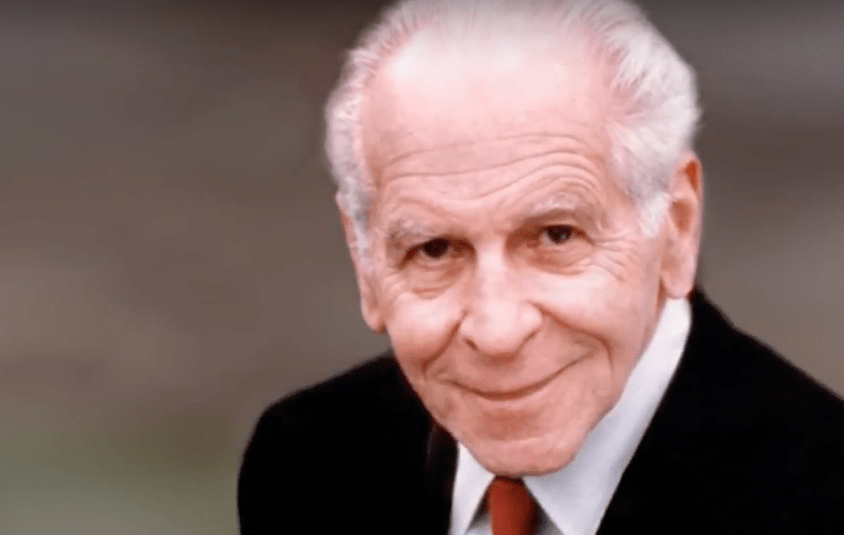Thomas Szasz (sass), the most underrated libertarian in modern times, was born this day in 1920 in Budapest, Hungary. He came to the U.S. at 18 and died in 2012. A psychiatrist by training and a practicing therapist and professor, Szasz was the world’s leading critic of organized psychiatry and its coercive powers (involuntary commitment, forced drugging, etc.), as well as the most incisive opponent of drug prohibition and, generally, of what he called the “therapeutic state.” He opposed political power because he believed in self-ownership, individual liberty, and human dignity.
Szasz burst on the scene nearly 60 years ago with his pathbreaking book, The Myth of Mental Illness, which argued that the mind, not being an organ, cannot be diseased; thus the term “mental illness” is a category mistake. What is stigmatized by that “diagnosis” is the “patient’s” behavior that disturbs someone else. The switch from “mental illness” to “brain disorder” did not change the fact that what is typically bothersome is behavior (which may indeed be objectionable and even coercive). The attribution of such behavior to a brain state is an unproven and even unprovable inference. Human action has reasons, not causes, Szasz would say.
At Amazon.com you’ll find a cornucopia of books demolishing the case for the state’s deputization of physicians, particularly psychiatrists. A good book to start with is Insanity: The Idea and Its Consequences, his magnum opus. You should also search his name at FEE.org for the columns he wrote while I edited The Freeman.
Meanwhile, to get a sense of what Szasz was about at the deepest level, see my “Szasz in One Lesson” and watch this interview I did with him.































